The Myth of Sodium and High Blood Pressure: Debunking Common Misconceptions
Share
The relationship between sodium intake and high blood pressure has long been a subject of debate and controversy. Traditional medical advice often emphasizes reducing sodium consumption as a key strategy for managing hypertension. However, recent discussions have questioned the extent of sodium's impact on blood pressure, suggesting that other dietary factors, particularly dietary cholesterol and the intake of saturated and trans fats, play a more significant role. This article delves into the evidence surrounding these claims and examines whether a vegan diet, free from saturated and trans fats, allows for unrestricted sodium consumption without adverse health effects.
Sodium and Blood Pressure: Revisiting the Evidence
For decades, public health guidelines have recommended limiting sodium intake to manage high blood pressure and reduce the risk of cardiovascular diseases. These recommendations are based on studies suggesting that high sodium consumption is associated with increased blood pressure. However, the relationship between sodium and hypertension is complex and not as straightforward as once believed.
Sodium Sensitivity
Not everyone is equally affected by sodium. Some individuals are "sodium-sensitive," meaning their blood pressure responds more dramatically to changes in sodium intake. For others, sodium has a minimal impact. This variability indicates that a one-size-fits-all recommendation might not be appropriate.

Recent Studies
Some recent studies have questioned the strength of the link between sodium and blood pressure. For instance, a 2017 review published in the *Lancet* found that the association between sodium intake and cardiovascular risk varies depending on the population and baseline sodium intake levels. These findings suggest that moderate sodium consumption may not be as harmful as once thought, particularly for those without preexisting hypertension.
The Role of Dietary Cholesterol, Saturated Fats, and Trans Fats
Emerging evidence points to dietary cholesterol and the intake of saturated and trans fats as more critical factors in the development and management of hypertension and cardiovascular diseases.
Dietary Cholesterol
High levels of dietary cholesterol have been linked to increased blood cholesterol levels, contributing to atherosclerosis and hypertension. This connection underscores the importance of monitoring cholesterol intake to manage cardiovascular health effectively.
Saturated and Trans Fats
These fats are known to increase low-density lipoprotein (LDL) cholesterol, which is a major risk factor for heart disease. Diets high in saturated and trans fats can lead to plaque buildup in arteries, increasing the risk of hypertension and other cardiovascular issues.

Vegan Diet and Sodium Intake
A vegan diet, which excludes all animal products, is naturally free of dietary cholesterol and low in saturated and trans fats. This dietary pattern offers several health benefits, including improved heart health and reduced risk of chronic diseases. But what about sodium?
Vegan Diet Benefits
Vegans typically consume more fruits, vegetables, whole grains, and legumes, all of which are rich in nutrients and fiber that support cardiovascular health. The absence of dietary cholesterol and low levels of unhealthy fats further enhance these benefits.
Sodium Consumption
Given the protective effects of a vegan diet, some argue that sodium intake may not be as critical for vegans as it is for those on omnivorous diets. The idea is that the negative impact of sodium on blood pressure is mitigated by the overall healthiness of the vegan diet. For individuals who are not sodium-sensitive, this could mean that higher sodium intake does not pose the same risks.
Conclusion
The relationship between sodium intake and high blood pressure is nuanced and influenced by various factors, including individual sensitivity and overall dietary patterns. While excessive sodium consumption is generally discouraged, the focus should perhaps shift towards reducing dietary cholesterol, saturated fats, and trans fats, especially for those following an omnivorous diet. For vegans, the benefits of their diet may counterbalance the potential risks associated with higher sodium intake.
However, it's essential to approach this topic with caution. While current evidence suggests that vegans may have more leeway in their sodium consumption, it does not imply that unlimited sodium intake is safe for everyone. As always, personalized nutrition advice from healthcare professionals is crucial for managing health effectively.
In summary, while sodium has long been vilified as a culprit in high blood pressure, the real focus should be on the broader dietary context, particularly the intake of dietary cholesterol and unhealthy fats. A balanced, nutrient-rich diet, whether vegan or not, remains the cornerstone of cardiovascular health.
